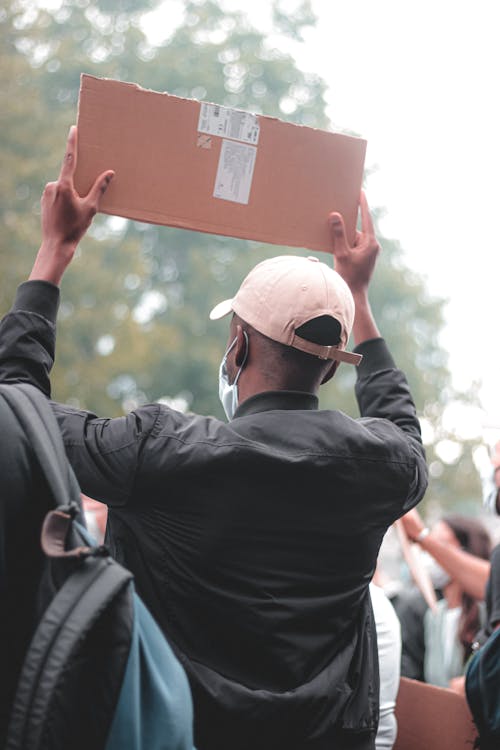The United States Must Support HBCUs and Opportunity for Black College Students.
The rash of bomb threats against historically Black colleges and universities in the first months of 2022 is just one of the numerous signs that America is at risk of winding the clock backward when it comes to opportunities for Black students in higher education. For many Black college students, February brought tangible threats to safety and well-being.
According to the FBI, 57 historically Black colleges and universities (HBCUs), other institutions, and houses of worship across the nation received bomb threats from January 4, 2022, through February 16, 2022. In addition, at least one other HBCU, Hampton University, received a bomb threat on February 23. For HBCUs, these threats are all the more chilling because they recall acts of violence and terror against students at Black colleges since the end of the Civil War.
As recently noted in The Atlantic, a college serving Black students in Tennessee was burned to the ground in 1866 during a race massacre in which 46 Black people were killed. Violent incidents such as the Orangeburg Massacre occurred on or near HBCU campuses during the civil rights movement. And as recently as 1999, a man detonated two bombs at Florida A&M University. Just as disturbing is that these attacks are not the only sign that some seek to wind the clock backward in terms of equal opportunity for Black college students.

In response to a recent executive order calling for a government wide approach to supporting HBCUs, the U.S. Environmental Protection Agency created an HBCU council to “identify enhanced opportunities for recruitment of students and support for institutions through grants, contracts, transparent data sharing and community engagement.” It is encouraging to see federal agencies working to implement Biden’s executive order. The administration should continue to work to provide more technical assistance opportunities for HBCUs seeking to apply for federal research grants.
Under the leadership of Rep. Rosa DeLauro (D-CT), Sen. Patty Murray (D-WA), and other members of Congress, HBCU-related programs have seen funding increases through the appropriations process and have enjoyed bipartisan support. Yet Congress should still provide more funding for HBCU-related programs through the fiscal year 2022 and future appropriations processes—and either through administrative or congressional action, the federal government should allow HBCUs to put existing funding toward enhanced security in response to the recent bomb threats.
In addition to these efforts, Congress can support HBCUs by passing H.Con.Res. 70, a bipartisan resolution that condemns the recent bomb threats and is supported by 64 higher education organizations, including CAP.
Next, Congress can and should find an opportunity to pass into law elements of the Build Back Better Act that supported HBCUs, as well as broader provisions that would make college more affordable. And Congress should look at additional ways to support research and development for HBCUs and Black scientists.
Taken together, these recommendations will equip HBCUs to provide further educational opportunities for Black students.
This moment of fear and sadness for HBCUs should galvanize policymakers to lift up the sector and move the gears of progress for Black students forward, not backward. Facing bomb threats, a Supreme Court that appears poised to end affirmative action, an affordability crisis, and the inequities of an ongoing pandemic, students at HBCUs are living in a present that does not seem so distant from the past. Black History Month is a reminder that the gains in access to education—education free from terror and that leads to economic success—can erode. Policymakers and institutional leaders must redouble their efforts to ensure that the higher education system lives up to its promise for all students. Better support for HBCUs is central in that effort.

Source: shorturl.at/cuEGT


